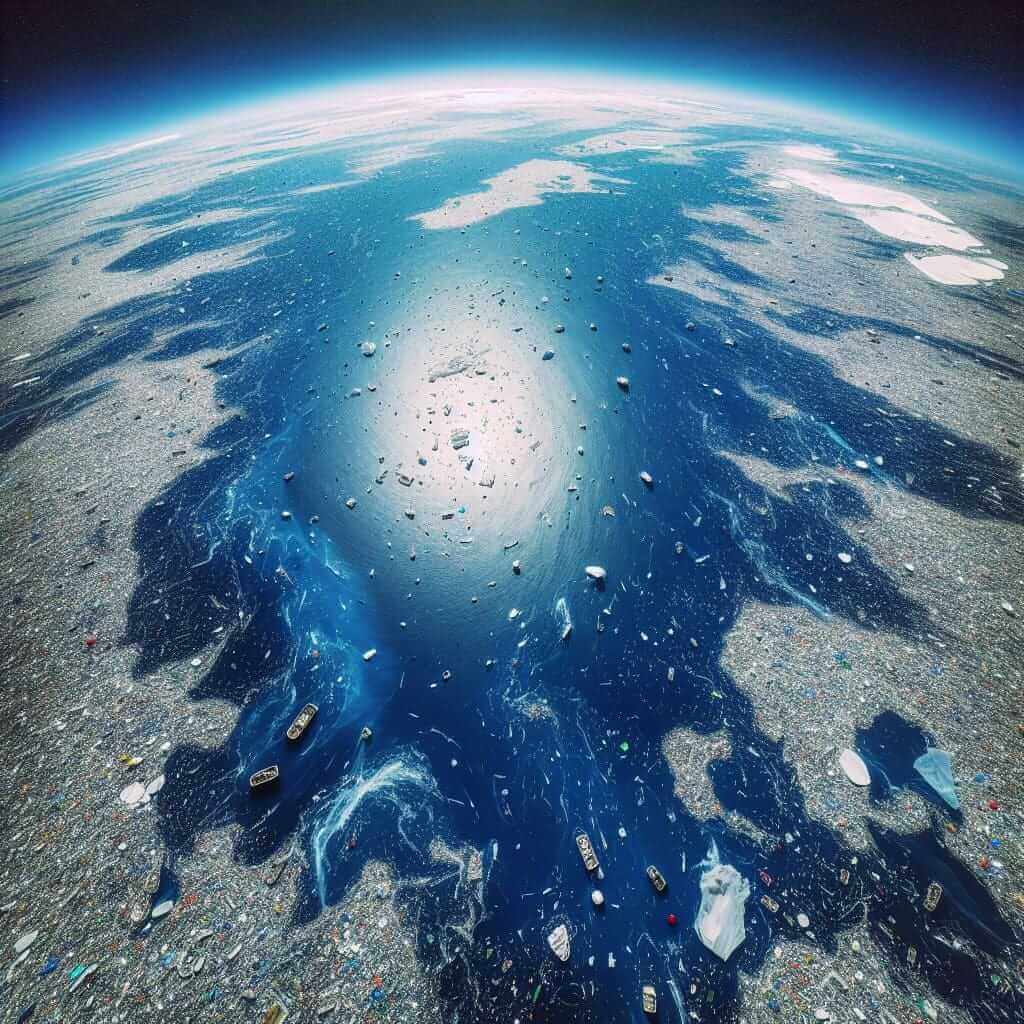The detrimental effects of excessive consumerism on the environment is a recurring theme in IELTS Writing Task 2. This essay will delve into this pressing issue, providing a sample answer, vocabulary analysis, and writing tips to help you craft a compelling argument.
Sample IELTS Essay Question
Many believe that overconsumption harms the environment. To what extent do you agree or disagree with this statement? Give reasons for your answer and include any relevant examples from your own knowledge or experience.
Essay Analysis
This question requires you to present a clear stance on whether you agree or disagree that excessive consumerism is detrimental to the environment. You must provide compelling reasons to support your opinion and illustrate your points with relevant examples.
Sample Band 8 Essay
It is an undeniable truth that our modern consumerist culture, characterized by a constant desire for more, is taking a heavy toll on our planet. I wholeheartedly agree that overconsumption is severely damaging to the environment, and its impacts are becoming increasingly evident with each passing day.
One of the most significant consequences of overconsumption is the depletion of natural resources. The insatiable demand for goods, from electronics to clothing, necessitates the extraction of raw materials at an alarming rate. This not only leads to deforestation and habitat destruction but also contributes to resource scarcity, jeopardizing the well-being of future generations. For instance, the fashion industry, notorious for its fast-fashion model, consumes vast quantities of water and relies heavily on unsustainable cotton production, putting immense pressure on already strained water resources.
Moreover, excessive consumerism fuels a throwaway culture, resulting in mountains of waste. The proliferation of single-use plastics, cheaply made products designed for short lifespans, and the relentless pursuit of the latest trends contribute to overflowing landfills and environmental pollution. The Great Pacific Garbage Patch, a swirling vortex of plastic debris twice the size of Texas, serves as a stark reminder of the consequences of our disposable lifestyle.

However, tackling this complex issue requires a multi-pronged approach. Governments have a crucial role to play in implementing policies that promote sustainable consumption and production, such as carbon taxes and extended producer responsibility schemes. Businesses, too, must adopt ethical and environmentally responsible practices, embracing circular economy models and reducing their ecological footprint.
In conclusion, the detrimental effects of excessive consumerism on the environment are undeniable and far-reaching. From resource depletion to pollution and climate change, our insatiable appetite for more is pushing the planet to its limits. It is imperative that we, as individuals, governments, and corporations, make conscious efforts to curb our consumption, embrace sustainability, and forge a more responsible and harmonious relationship with our environment.
Word count: 322
Writing Tips
- Clear Position: Clearly state your agreement or disagreement in the introduction.
- Strong Arguments: Develop 2-3 well-supported arguments with logical explanations.
- Real-World Examples: Use relevant examples to illustrate your points effectively.
- Vocabulary Range: Showcase a wide range of vocabulary related to the environment and consumerism.
- Cohesive Devices: Use linking words and phrases to ensure a smooth flow of ideas.
- Error-Free Writing: Proofread carefully for grammar, spelling, and punctuation errors.
Vocabulary Highlights
- Excessive consumerism (noun): /ɪkˈsɛsɪv kənˈsuːmərɪzəm/ – the act of buying and using products and services in large amounts, often more than is needed.
- Detrimental (adjective): /ˌdɛtrɪˈmɛntl/ – causing harm or damage.
- Depletion (noun): /dɪˈpliːʃən/ – the reduction in the number or quantity of something.
- Insatiable (adjective): /ɪnˈseɪʃəbl/ – impossible to satisfy.
- Proliferation (noun): /prəˌlɪfəˈreɪʃən/ – a rapid increase in the number or amount of something.
- Throwaway culture (noun): /ˈθroʊəˌweɪ ˈkʌltʃər/ – a society in which people are encouraged to buy new things frequently and discard old things, even if they are still usable.
- Ecological footprint (noun): /ˌiːkəˈlɒdʒɪkəl ˈfʊtˌprɪnt/ – the impact of a person or community on the environment, expressed as the amount of land required to sustain their use of natural resources.
- Circular economy (noun): /ˈsɜːrkjʊlər ɪˈkɒnəmi/ – an economic system aimed at minimizing waste and making the most of resources by reusing, repairing, and recycling materials and products.
- Sustainable consumption (noun): /səˈsteɪnəbl kənˈsʌmpʃən/ – the use of products and services in a way that meets the needs of the present generation without compromising the ability of future generations to meet their own needs.
- Extended producer responsibility (noun): /ɪkˈstɛndɪd prəˈdjuːsər rɪˌspɒnsɪˈbɪləti/ – a strategy designed to promote the integration of environmental costs associated with products throughout their life cycles into the market price of those products.
Conclusion
The impact of excessive consumerism on the environment is a multifaceted issue frequently appearing in IELTS exams. By understanding the key vocabulary, structuring your essay effectively, and supporting your arguments with relevant examples, you can confidently tackle this topic and achieve a high band score. Remember to practice regularly and familiarize yourself with a variety of environmental issues to excel in your IELTS Writing Task 2.